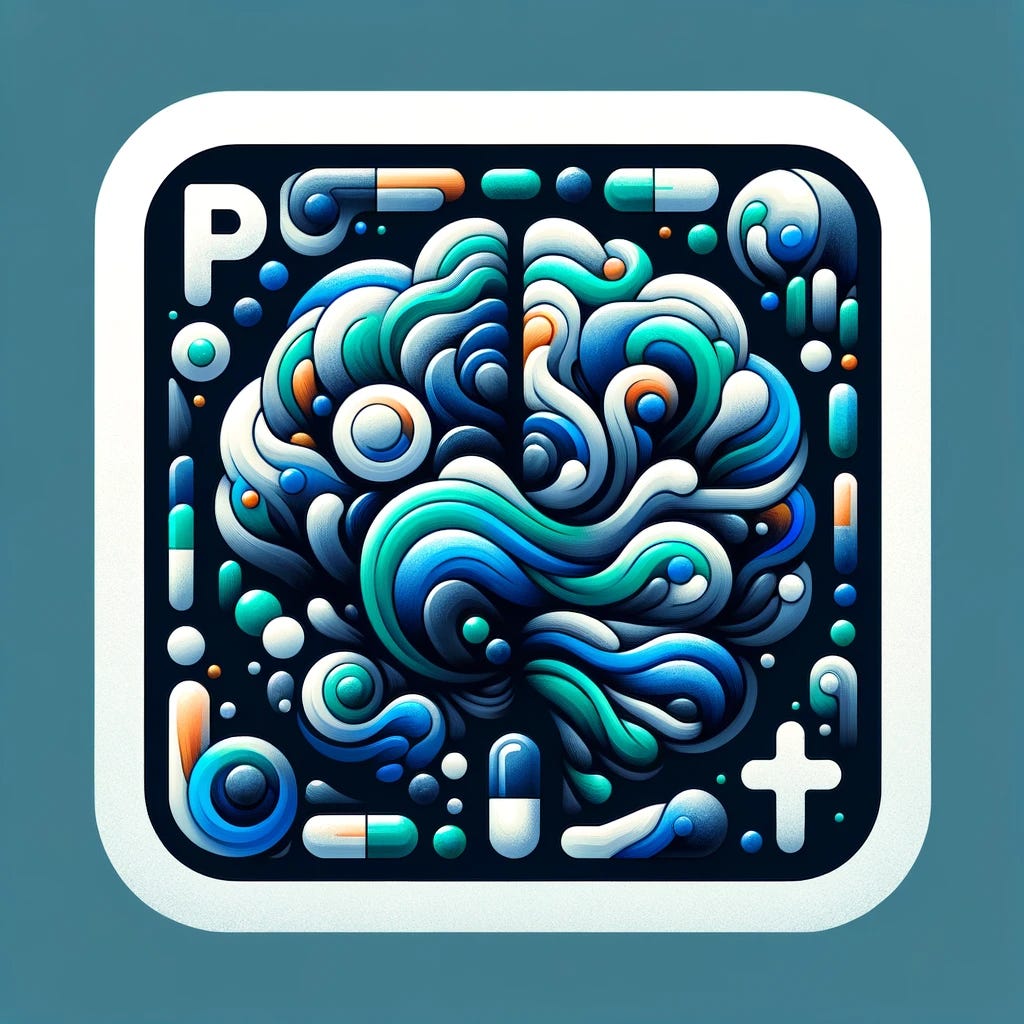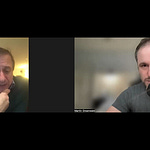Last week, I had the pleasure of joining psychiatrists
and , along with philosopher-therapist , for a wonderful conversation where we answered questions from our readers. We covered a lot of ground, but even after more than two hours, there was still so much left to discuss. It was an absolute blast, and we’re hoping to record more in the future.If your question didn’t make it this time, don’t worry—I’ve saved it for Q&A #2.
We hope you enjoy listening to our conversation as much as we enjoyed having it. Please check out Nils’, Gary’s, and Awais’ Substacks linked below and subscribe (it’ll be good for your mental health, trust me).
Some of the questions and topics we explored include:
Can changing someone’s environment be more effective than drug therapy for depression?
How well do SSRIs actually work for depression, and do we agree with current treatment guidelines?
How (if at all) does the concept of “objective reality” relate to our work?
Why are religious psychotic delusions treated differently from extreme religious beliefs?
How can you tell if someone is hallucinating?
What are the most harmful psychiatry/psychotherapy fads or false beliefs of the 20th century—and today?
The complexities of reducing stigma around mental illness in the U.S.: How does it relate to under- or overdiagnosis? What are the implications of destigmatization vs. incentivization? Mental illness and identity.
Are we using reductionist explanations for behavior (e.g., genetics, environment, the unconscious) to absolve ourselves moral responsibility? The value (and limits) of explanation in psychotherapy. Tensions between scientific understandings of behavior and folk concepts like “responsibility”; free will and agency.
Conceptualizing diagnosis: DSM vs. HiTOP. Categorical vs. dimensional approaches. Clinical research implications.
How are personality disorders different from other psychiatric disorders? Does it relate to their limited responsiveness to medication? Why wouldn’t ADHD meet criteria for being a kind of personality disorder? What are the core features of personality disorders?
Differentiating between refractory symptoms (treatment resistance) and misdiagnosis.
Are hospital stays too short given how long it takes for psychiatric medications to take effect? How long do antipsychotics and antidepressants really take to work?
What can patients do to advocate for themselves in a hospital setting, especially when worried about losing autonomy or being involuntarily hospitalized?
Will AI therapist chatbots significantly improve mental health care in the coming years?
Why do so many psychiatrists write about philosophy and other diverse topics? Thoughts on blogs about psychiatry that also include social commentary which may be controversial or upsetting to certain people.
On using or not using a pseudonym when writing as a psychiatrist online, and why.




















Share this post